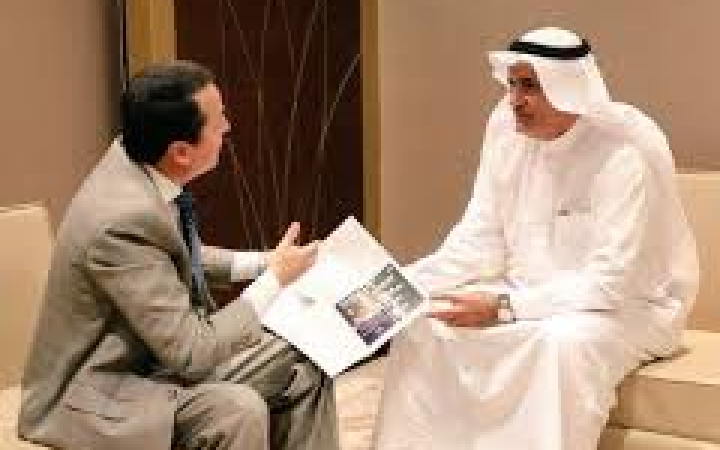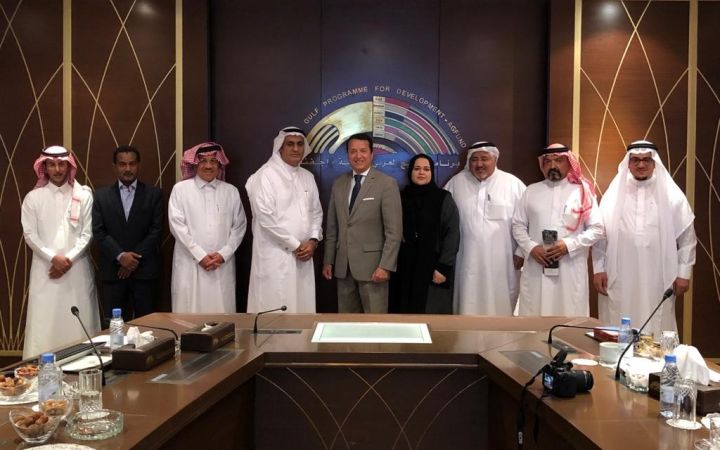The Public Finance and Trade Programme (PFTP) recently launched a new capacity-building project on financial inclusion in Sub-Saharan Africa with the Arab Gulf Program for Development (AGFUND), a regional organization based in Riyadh, Saudi Arabia supported by the governments of United Arab Emirates, Kingdom of Bahrain, Kingdom of Saudi Arabia, State of Qatar, Sultanate of Oman and the State of Kuwait.
The project’s overall goal is to support national financial inclusion initiatives by providing high quality training and learning opportunities to the largest possible number of micro and small entrepreneurs in Africa, especially women and youth. Particular emphasis will be laid on empowering beneficiaries to take advantage of available products and services in order to achieve financial independence.
According to a recent World Bank study, only a quarter of adults in Africa have an account with a formal financial institution. Accordingly, a large number of adults in Africa use informal methods to save and borrow. Similarly, most small enterprises in Africa are unbanked and therefore access to finance is a major obstacle. Compared with other developing economies, high-growth small and medium enterprises in Africa are less likely to use formal financing, which suggests formal financial systems are not serving the needs of enterprises with growth opportunities.
Barriers that could be addressed by public policy include high cost, physical distance, and lack of proper documentation and understanding of accessing formal financial services. Indeed, a comparative analysis of financial inclusion in 31 Sub-Saharan African countries using data from the global Findex database indicated that the aggregate level of financial inclusion has increased significantly between 2011 and 2014. The findings also indicated that macroeconomic variables and business freedom are significant predictors of financial inclusion and further suggest that financial inclusion policies should target key populations like women and young people.
The vision of achieving a financial system that is accessible by all layers of the community to promote economic growth, poverty reduction, and income equality requires a coordinated effort involving all major stakeholders from the government, private sector, and civil society to drive forward the financial inclusion agenda.
The AGFUND and UNITAR strategic partnership commenced in 2017 with an aim to strengthen the capacity of Microfinance Institutions in Arab countries. Past activities included the strengthening of financial inclusion by providing high quality training and learning opportunities to staff and officers of AGFUND banks. Joint activities are strategically aligned with national, regional and continental development priorities, the Sustainable Development Goals (SDGs), and are complementary to AGFUND’s other financing and technical assistance operations. UNITAR is glad to expand this important collaboration in 2019 and to grow its reach in Sub-Saharan Africa.



